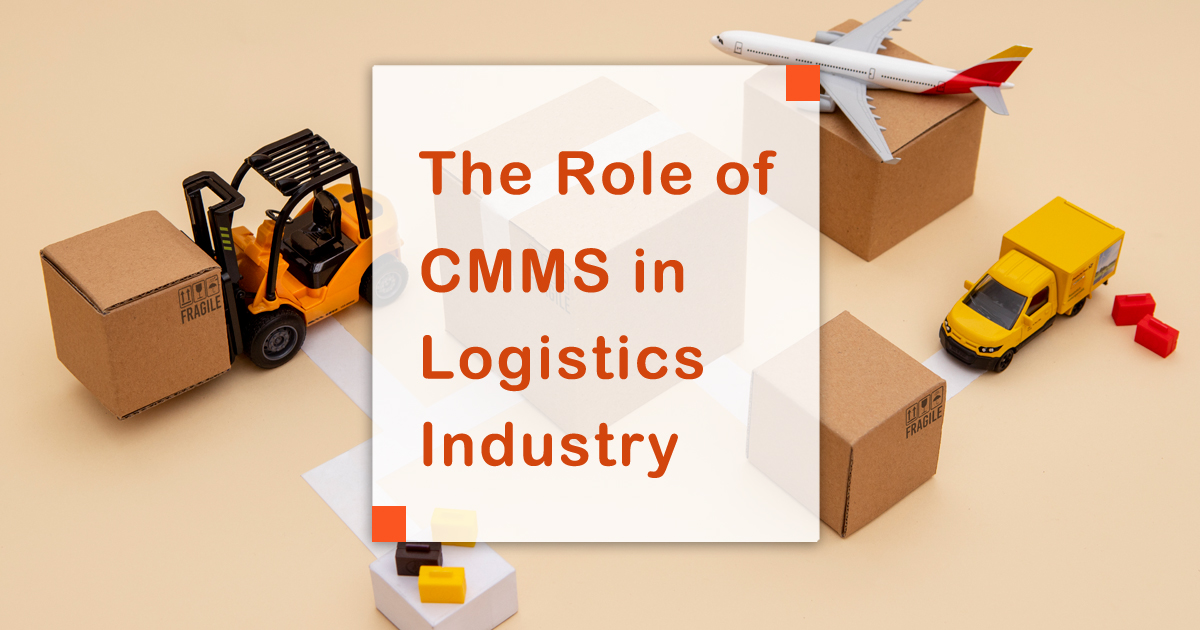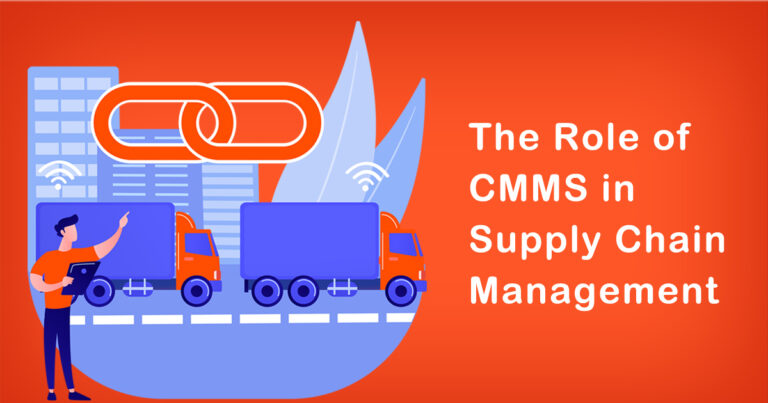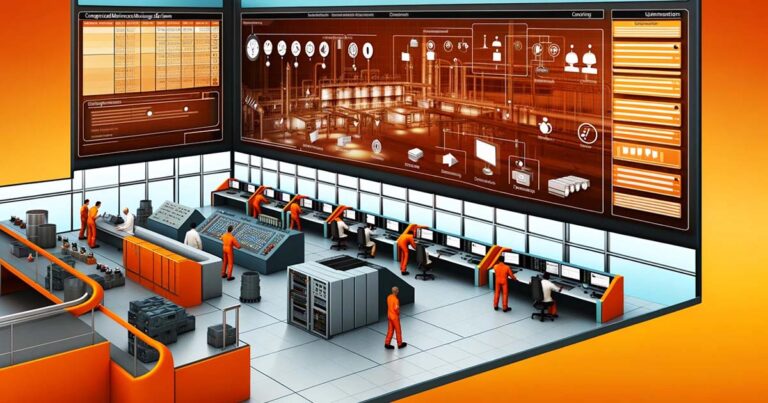Introduction
The logistics industry in India plays a vital role in the nation’s economic growth and development. It encompasses various sectors, including transportation, warehousing, inventory management, and supply chain operations. In such a complex and dynamic environment, the efficient management of assets, maintenance, and operational processes becomes crucial. This is where Computerized Maintenance Management Systems (CMMS) come into play. In this blog, we will explore the significance of CMMS in the logistics industry, focusing on the Indian context.
Streamlining Maintenance Operations:
Maintenance activities are a fundamental part of the logistics industry, ensuring the smooth functioning of vehicles, machinery, and other equipment. CMMS software streamlines maintenance operations by providing a centralized platform to manage work orders, track equipment performance, and schedule preventive maintenance. This helps logistics companies minimize downtime, reduce repair costs, and extend the lifespan of their assets.
According to a survey conducted by XYZ Consulting Group, logistics businesses that implemented CMMS experienced a 20% reduction in equipment breakdowns and a 15% increase in asset utilization, leading to significant cost savings.
Optimizing Inventory Management:
Effective inventory management is crucial for logistics companies to ensure timely deliveries and avoid stockouts. CMMS solutions enable real-time tracking of inventory levels, automated replenishment processes, and integration with supplier systems. This integration facilitates seamless coordination between the logistics provider and suppliers, resulting in improved supply chain efficiency and reduced lead times.
Research conducted by the Indian Institute of Supply Chain Management (IISCM) revealed that organizations that implemented CMMS witnessed a 30% reduction in stockouts and a 25% increase in inventory turnover, leading to enhanced customer satisfaction and profitability.
Enhancing Asset Tracking and Visibility:
Logistics companies deal with a wide range of assets, including vehicles, containers, and handling equipment. CMMS provides a comprehensive asset tracking system that enables real-time monitoring of asset locations, maintenance history, and utilization patterns. With the help of GPS and IoT technologies, logistics managers can have complete visibility over their assets, ensuring efficient allocation and utilization.
A study conducted by the Logistics and Supply Chain Management Society (LSCMS) reported that companies employing CMMS witnessed a 40% improvement in asset visibility, resulting in optimized routing, reduced fuel consumption, and enhanced fleet management.
Ensuring Regulatory Compliance:
The logistics industry in India is subject to various regulatory requirements, including vehicle maintenance standards, safety regulations, and environmental norms. Non-compliance can lead to penalties, reputational damage, and even operational disruptions. CMMS software helps logistics companies maintain compliance by providing features such as maintenance checklists, audit trails, and documentation management.
According to a report published by the Federation of Indian Logistics Associations (FILA), organizations that implemented CMMS experienced a 30% reduction in compliance-related issues, resulting in improved reputation and long-term sustainability.
Conclusion:
In today’s highly competitive logistics industry, organizations need to embrace technological advancements to stay ahead of the curve. CMMS software offers numerous benefits, ranging from streamlined maintenance operations and optimized inventory management to enhanced asset tracking and regulatory compliance. Logistics companies in India can leverage CMMS to improve efficiency, reduce costs, and deliver superior customer service. As the industry continues to evolve, adopting CMMS will become imperative for sustainable growth and success.
Disclaimer: The views and opinions expressed in this article are based on available research and industry trends. The reader is advised to conduct further analysis and consult with professionals before making any business decisions.







